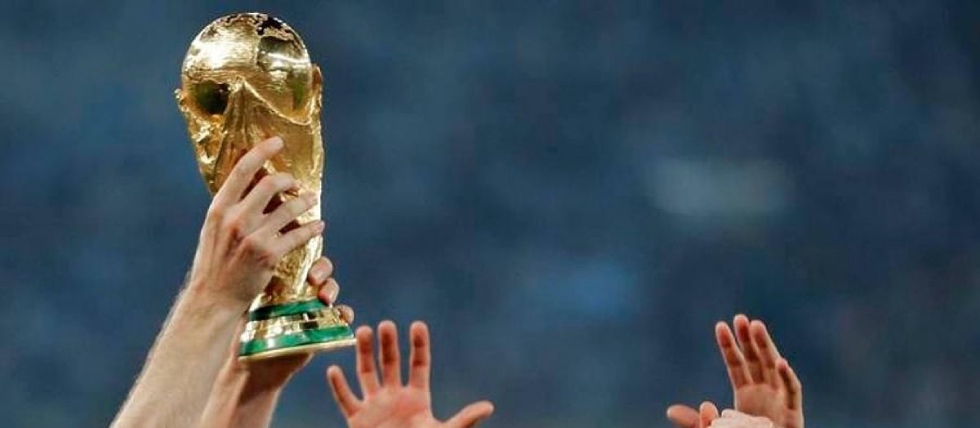UNODC Takes Aim at Illicit Wagering Ahead of 2026 World Cup
The United Nations Office on Drugs and Crime (UNODC) has released updated guidelines aimed at protecting the 2026 FIFA World Cup and the 2028 Los Angeles Olympics from the increasing menace of illegal betting.

The 2026 World Cup, set to be co-hosted by the United States, Canada, and Mexico, is expected to see legal betting surpass the $35 billion wagered during the 2022 Qatar tournament. However, the UNODC warns that illegal betting markets, if not checked, could match or exceed this scale.
The UNODC’s strategy emphasizes proactive measures to combat this threat, including regulatory reviews in host nations and specialized training for law enforcement.
The organization is also planning to organize workshops that will equip officials with tools to detect and disrupt illicit betting networks, particularly those linked to Asian crime syndicates, which have historically targeted major sporting events.
The agency advocates for stronger collaboration between national and international anti-corruption agencies to share intelligence and streamline efforts. This involves deploying advanced betting monitoring systems, like those used by FIFA and firms such as Sportradar, to identify suspicious wagering patterns in real time.
More Regulation News
 Regulation
Regulation
Mississippi Committee Advances Bill to Criminalize Online Sweepstakes Casinos
Jan 29, 2026 Regulation
Regulation
Study Suggests Nordic Regulators Still in the Dark Over Online Gambling Black Market
Jan 29, 2026Recent Cases Highlight Ongoing Challenges
Illegal betting scandals have repeatedly marred major sports, underscoring the urgency of the UNODC’s guidelines. In April 2025, Italian authorities launched a probe into 13 Serie A players, including U.S. national team star Weston McKennie, for allegedly using unauthorized betting platforms between 2021 and 2023. While no evidence suggested bets on soccer matches, the investigation, triggered by previous cases involving players like Sandro Tonali and Nicolo Fagioli, still cast a shadow on the Serie A's reputation.
Other recent scandals, such as the match-fixing allegations in Greece involving 41 individuals, show the ongoing vulnerability of sports to corruption and the need for continued vigilance and cooperation between law enforcement and sports organizations to protect the integrity of the games.
Failure to address these issues could erode public confidence in sports and fuel broader criminal activities like money laundering, with the UNODC estimating that illicit betting markets handle up to $1.7 trillion annually.
RELATED TOPICS: Regulation
Most Read
Must Read
 Interviews
Interviews
Exclusive Interview: Levon Nikoghosyan Shares AffPapa Winning Formula for Successful iGaming Events
Dec 03, 2025 Interviews
Interviews





Review this New Post
Leave a Comment
User Comments
Comments for UNODC Takes Aim at Illicit Wagering Ahead of 2026 World Cup